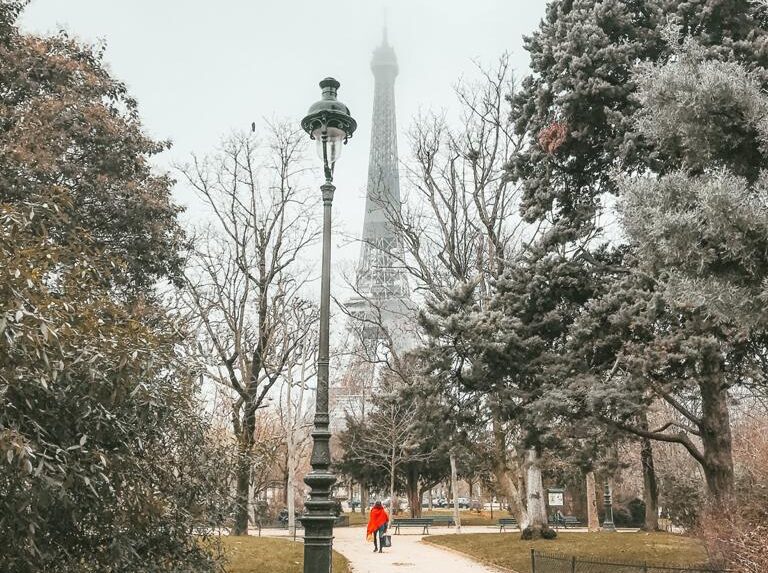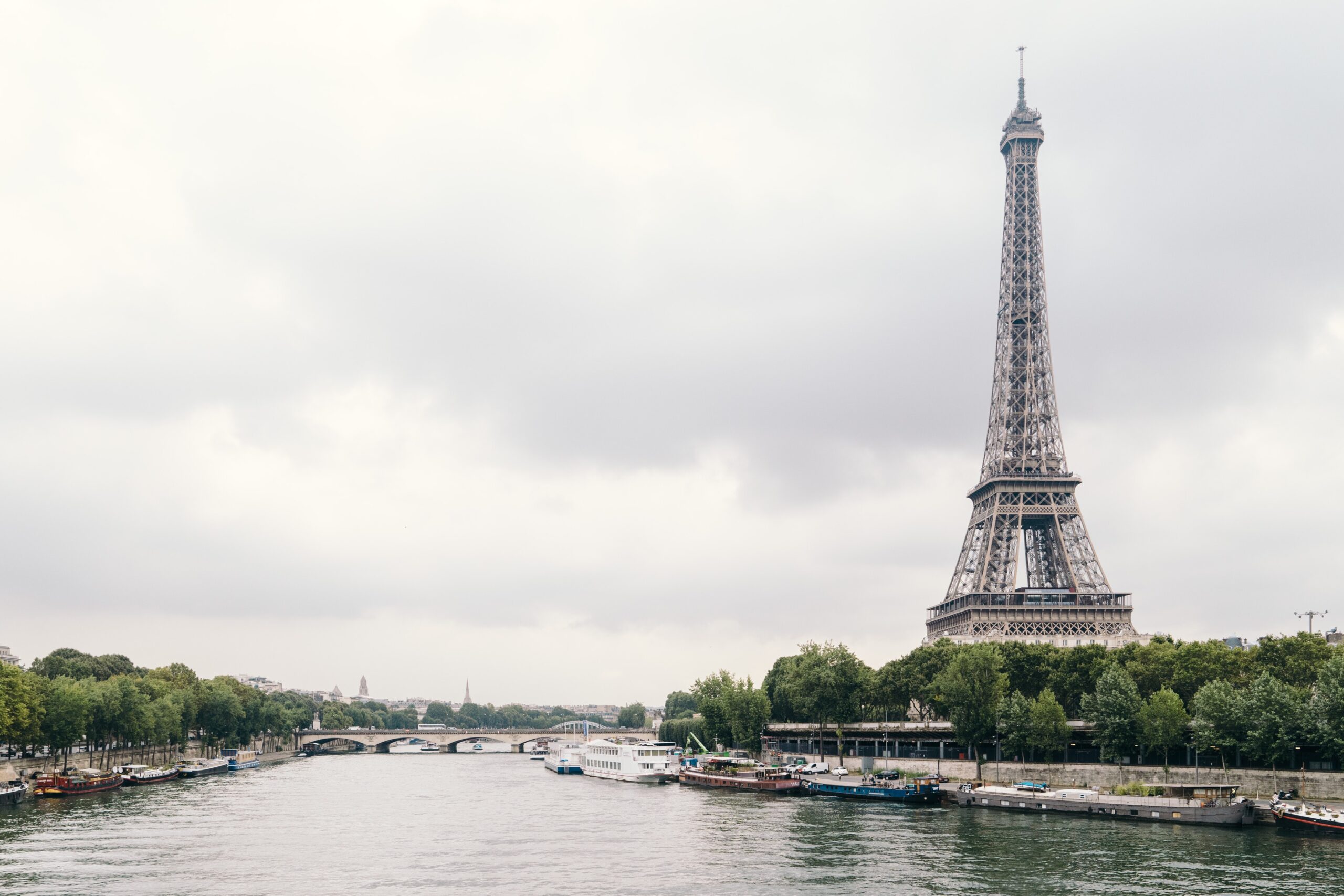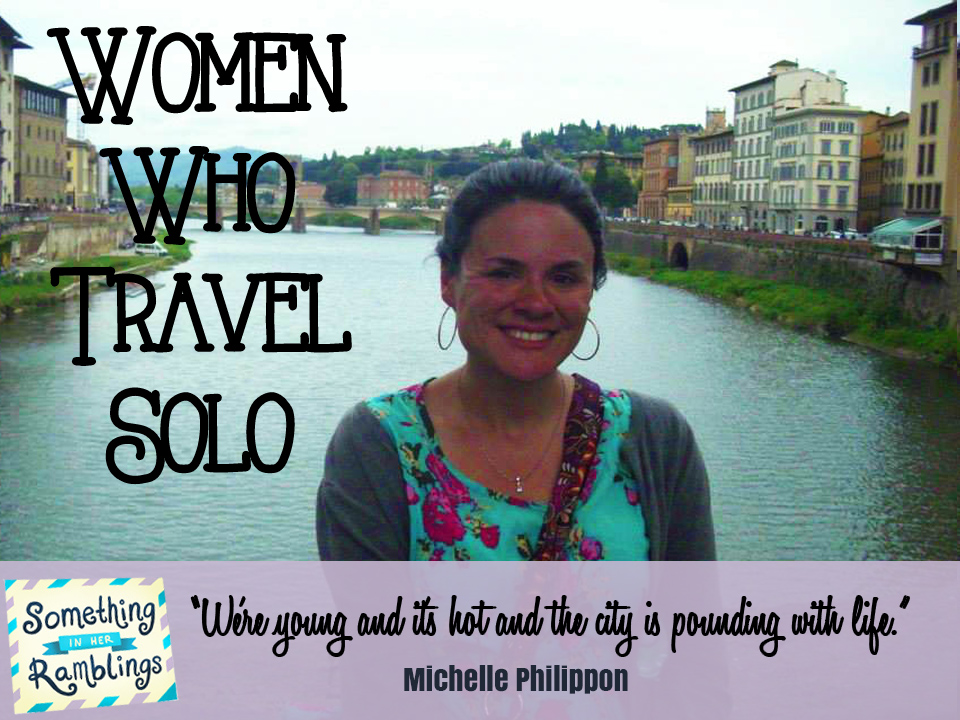My very last international trip before the global pandemic hit churned with upheaval. I arrived in France in December of 2019 amidst rain storms and the start of the country's largest transportation strike in three decades. With nearly all metro, bus and even air travel ceasing operations my grand plans of enjoying the city after a business trip ground to a halt. Despite the disruptions to travel and blustery skies, my friend Lucie, a Paris local, swooped into the rescue, helping me find light in the darkness over live music and beef bourguignonne at Le François Felix. Two nights later Lucie and her partner François welcomed me to their apartment for a dinner party. Wine and conversation flowed over fondu and buche de noel filling me with such a warm feeling of belonging. Moments like this in harmony with friends and strangers are what I miss most about pre-pandemic life.
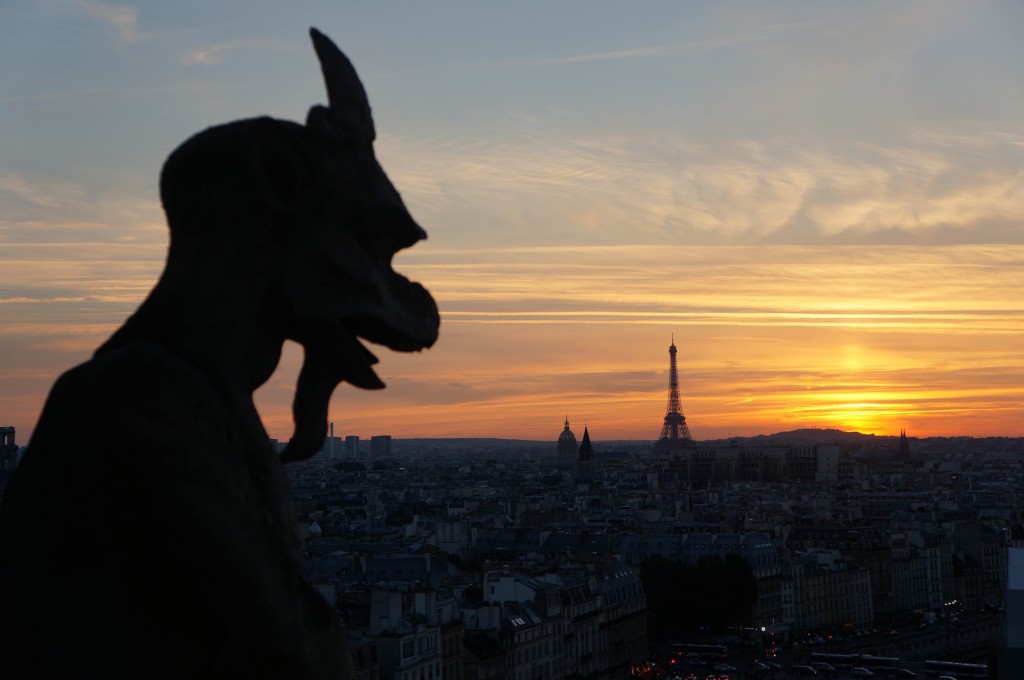
Life in France during the COVID-19 Pandemic
This Week We’re Talking To: Lucie Merieux, France
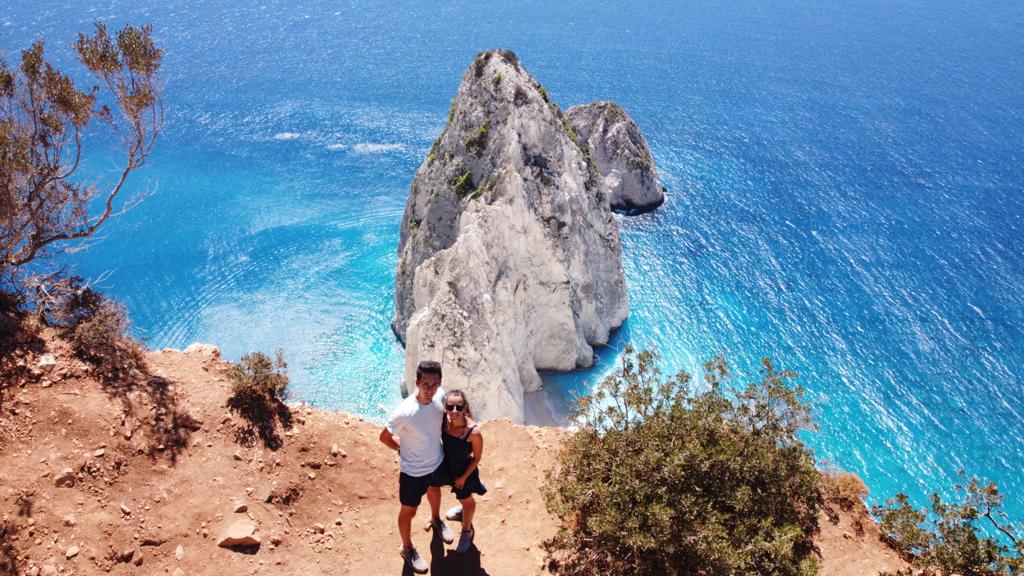
Lucie Merieux is a marketing consultant and avid traveler who lives in Paris. We first met while working for a travel marketing agency in Los Angeles, connecting over our mutual deep love of exploring the world. Read on for our letter from lockdown conversation to learn what life has been like in France during the COVID-19 pandemic.
Rain drops splatter on the ground as I cross a bridge over the Seine and set foot on the Left Bank. It’s a cold and bleak December day in Paris and I’m attempting to visit the Edgar Degas exhibit at the Musee d’Orsay for the second day in a row. The day prior I arrived to find the museum unexpectedly closed, another unannounced victim of a transportation strike that will grow to be the country’s largest in three decades.
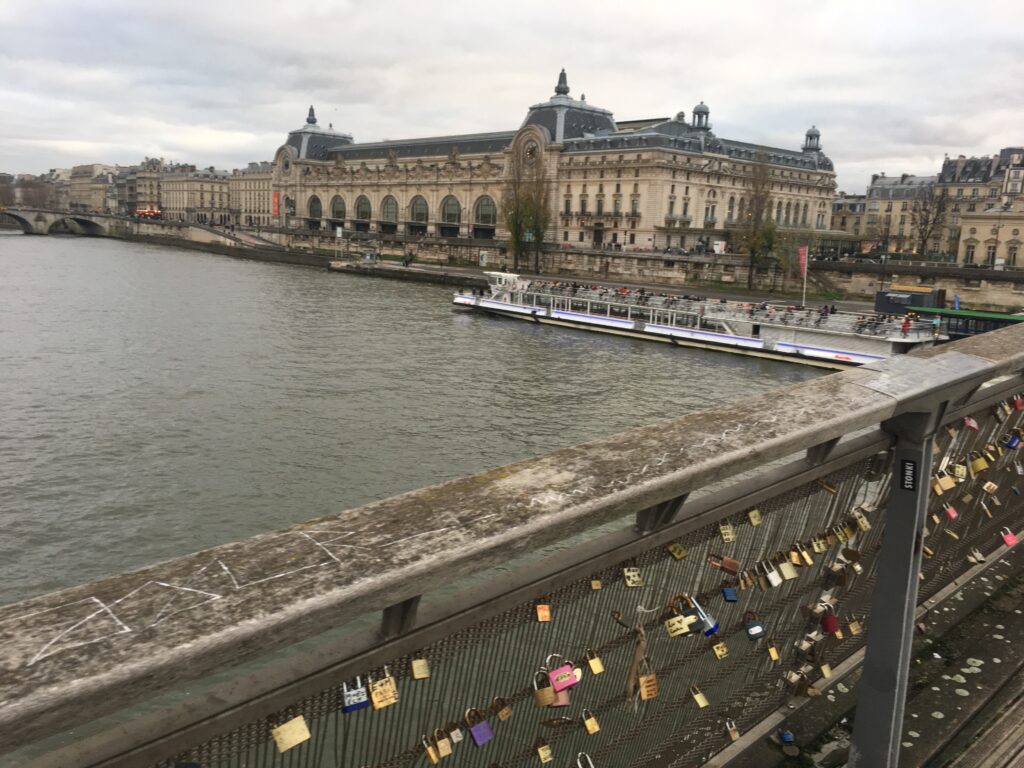 While strikes are all too common in French life, this particular strike is more drastic than most. Transportation workers are protesting changes to the national pension system and virtually all modes of transportation have ground to a halt. From airplanes and trains to the metro and buses, the majority of drivers are on strike. In Paris only two of 16 metro lines operate – the two automatic lines that don’t require drivers. Many drivers are also taking to the streets in angry groups to protest near government buildings and tourist attractions.
The interruptions and furor over President Macron’s proposed changes have cast a cloudy glow over my time in Paris. I’m here for work and meetings that are usually upbeat and jubilant are filled with an aura of foreboding as worries over the duration and intensity of the strikes grow.
While strikes are all too common in French life, this particular strike is more drastic than most. Transportation workers are protesting changes to the national pension system and virtually all modes of transportation have ground to a halt. From airplanes and trains to the metro and buses, the majority of drivers are on strike. In Paris only two of 16 metro lines operate – the two automatic lines that don’t require drivers. Many drivers are also taking to the streets in angry groups to protest near government buildings and tourist attractions.
The interruptions and furor over President Macron’s proposed changes have cast a cloudy glow over my time in Paris. I’m here for work and meetings that are usually upbeat and jubilant are filled with an aura of foreboding as worries over the duration and intensity of the strikes grow.
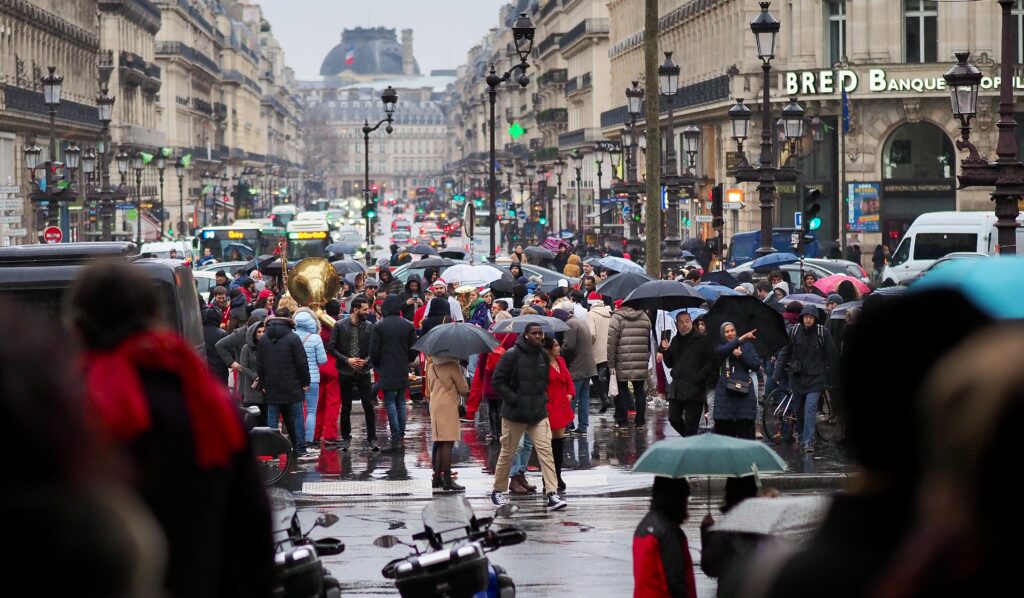 The gloom carries into the weekend long after all meetings have ended. I had planned to spend a weekend enjoying the city with my good friend from Italy, but with flights canceled and transportation to the city center ground to a halt, the tires in our girlfriend getaway have been deflated and I’m left to pass a wintry weekend alone.
At many chapters in my life the prospect of a solo weekend in Paris would have filled me with glee. But in December 2019 I feel only ennui as the 48 hours that remain in my visit to France stare back at me like the slow moving hands of a ticking clock. Had I known that this would be my last international trip before coronavirus changed the world forever would I have tried harder to brush away these downcast feelings?
The gloom carries into the weekend long after all meetings have ended. I had planned to spend a weekend enjoying the city with my good friend from Italy, but with flights canceled and transportation to the city center ground to a halt, the tires in our girlfriend getaway have been deflated and I’m left to pass a wintry weekend alone.
At many chapters in my life the prospect of a solo weekend in Paris would have filled me with glee. But in December 2019 I feel only ennui as the 48 hours that remain in my visit to France stare back at me like the slow moving hands of a ticking clock. Had I known that this would be my last international trip before coronavirus changed the world forever would I have tried harder to brush away these downcast feelings?
I've been blogging for two years! Celebrate the second anniversary of Something In Her Ramblings with a look at my top 10 favorite travel destinations in the world.
Fear It’s December 2006. I've just turned 21, I'm by myself in Paris, and I'm absolutely terrified. I spent the past three days touring the City of Lights with a friend I met studying abroad in England. She served as our guide,
Welcome to Ratatouille Land, Disneyland Paris! This past summer a new rodent came to Disneyland Paris, giving Mickey Mouse some rat-sized companionship. Ratatouille Land, Disneyland Paris' latest addition, is chocked full of fun for the whole family. Rémy, the rat protagonist
2014 was a beautiful and moving year for me, filled with an unprecedented number of travel experiences that made the year pass like a travel aficionado's dream sequence. Since January, I visited a whopping 22 countries, fulfilling my goal of
From the smart streets of downtown, up winding hills lined with palm trees and the finest examples of French architecture, the yellow L’Open Tour bus rolls through the city. The warm sun beams bright, filling my mom and I with
Some hostels are so loved by travelers they have a reputation that precedes them on the road. Such is the case with the Villa Saint Exupéry Hostels in Nice, France. As I made my way by rail through Southern France,
What could possibly be more charming than wine tasting in France? How about wine tasting at a château in France? Wine Tasting in France at Château de Flaugergues Montpellier, a Mediterranean city in the South of France, is known for its rich


